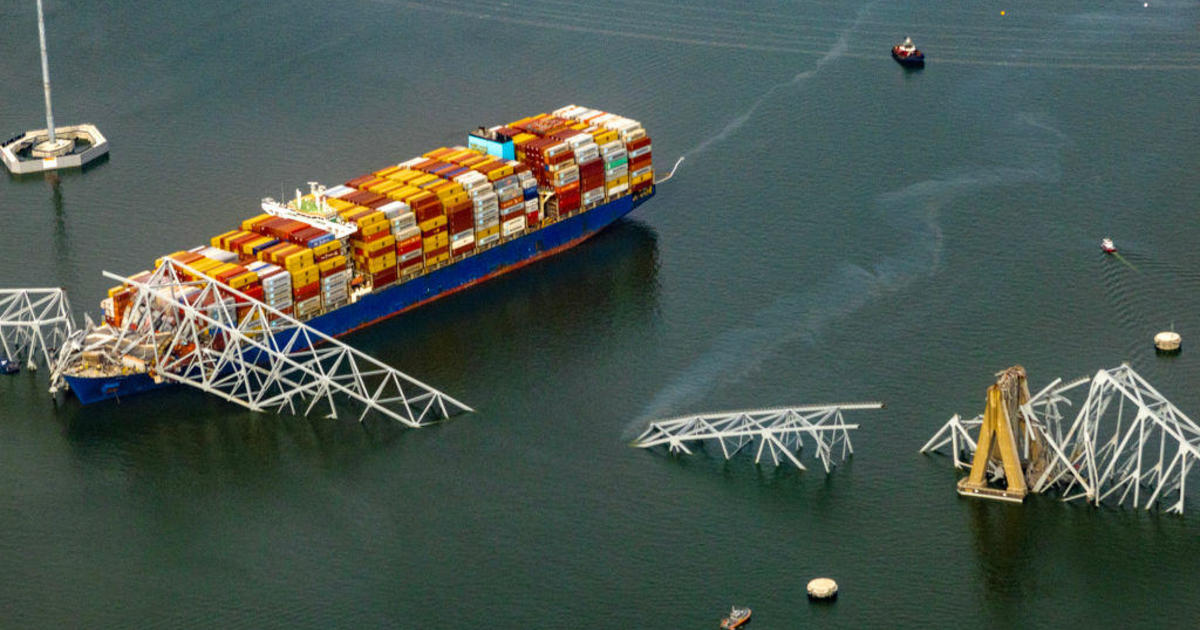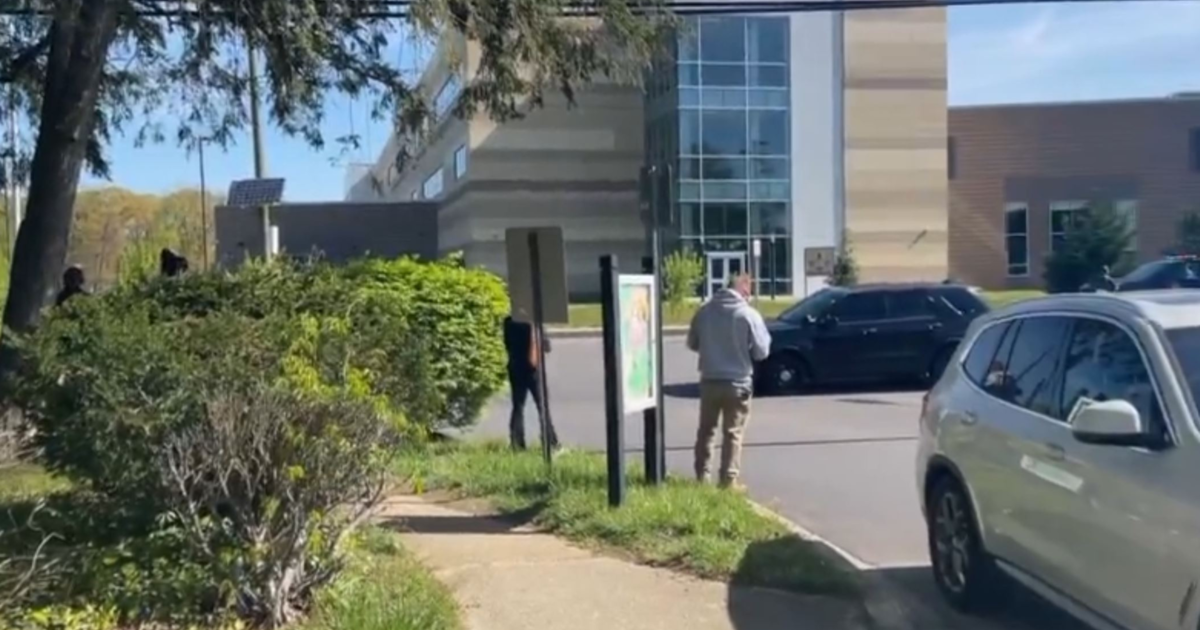'Battle That Saved Washington' Remembered In Md.
FREDERICK, Md. (AP) -- The Civil War clash known as "the battle that saved Washington" could more accurately be labeled "the battle that saved Lincoln's re-election," a prominent preservationist said Wednesday as the National Park Service marked the 150th anniversary of the Battle of Monocacy.
To the sounds of cannon fire and bagpipe music, O. James Lighthizer, president of the Civil War Trust, recounted the circumstances of an engagement overshadowed by the nearby battles of Gettysburg and Antietam, both fought earlier in the war.
By July 9, 1864, the Civil War had been raging more than three years. Voters were weary of bloodshed, including the 50,000 men lost in just 50 days during Lt. Gen. Ulysses S. Grant's grueling 1864 Overland Campaign in the South.
His rival, Confederate Gen. Robert E. Lee, saw an opportunity to surprise and embarrass the Union by launching an attack on Washington along a route that went through Frederick, about 40 miles from the capital city. The daylong clash of 15,000 Confederate and 6,000 Union troops in farm fields along the Monocacy River slowed the Southerners' advance. The Confederates won at Monocacy -- their only major victory on Northern soil -- but the delay enabled Federal reinforcements to reach Washington in time to stave off the Southerners' attack on the Union capital two days later.
President Abraham Lincoln's precarious bid for a second term was saved from humiliation four months before the election.
"What would the headlines around the country read? They'd read, `President flees Washington.' `Cabinet on the run,' `Washington invaded by the Confederates,' and on and on and on," Lighthizer said. "I would respectfully suggest to you that that could have been just enough to sink Abraham Lincoln, no matter what happened after that."
Historians agree the Confederate invaders, led by Lt. Gen. Jubal Early, couldn't have held Washington long, even had Union reinforcements not arrived in time to repel them.
"Could they have gotten inside the fortifications? Yeah, but they simply didn't have enough manpower to hold Washington," said Waite Rawls, executive director of the American Civil War Museum in Richmond, Va.
Their retreat from the outskirts of Washington ended the last Confederate invasion of the North. The war ended 10 months later.
The Union suffered about 1,300 of the 2,200 casualties at Monocacy. The leader of those forces, Maj. Gen. Lew Wallace, later became an ambassador to the Ottoman Empire and wrote the novel, "Ben Hur: A Tale of the Christ."
(Copyright 2013 by The Associated Press. All Rights Reserved.)



